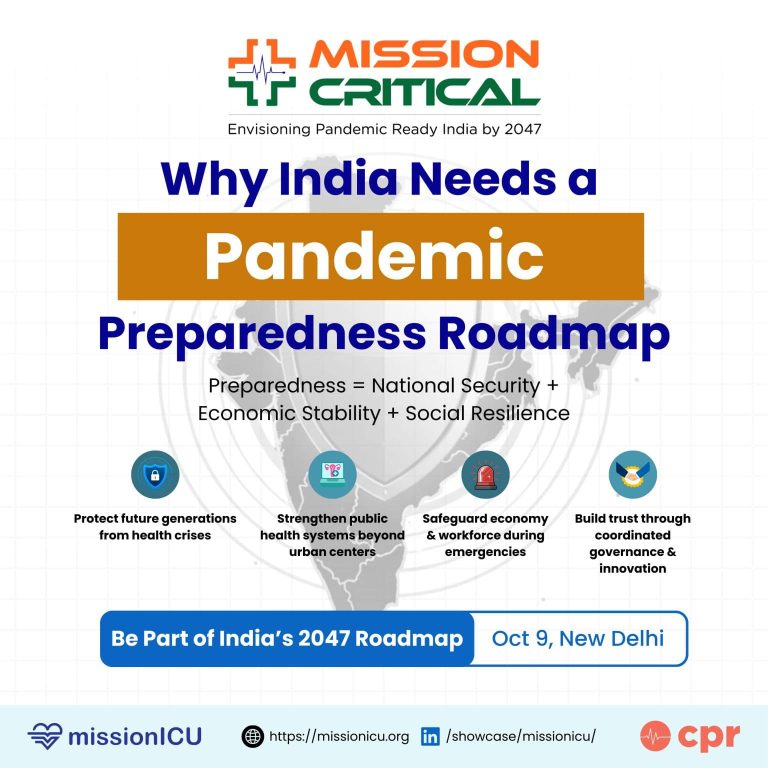“We need to consider different aspects and determinants of health while planning policies and programs”, said Arish.
Arish is currently working with Reliance Foundation as a Program Manager in the field of Primary and Preventive Healthcare in the slum areas of Mumbai. His everyday work revolves around solving and managing on – ground problems in the implementation of these healthcare programs.
Primordial and primary preventive strategies are the best to overcome any healthcare problem or the disease in the community. This has always been his outlook since his undergraduate days of nursing. To implement his ideas and serve the community, he decided to opt for Masters in Public Health from a prestigious university like TISS (Tata Institute of Social Sciences). During these 2 years, he got various opportunities to serve the community. The curriculum included field visits to rural parts of Maharashtra and other states of India, too. He also worked at CMC Vellore and their rural health unit called ‘RUHSA’. As a public health student, he was involved in various conferences, seminars and medical camps. All these experiences ignited his passion to work for the community of this country.
According to Arish, the Rural Health care suffers a lot because of various factors. Unavailability of workforce or not having enough people to work in those areas is concerning. While talking about lack of medical or healthcare workers in rural areas Arish suggested to look and analyze the reasons for the problem. Rural health care set up is not much encouraging for the doctors and we need to respect choices of young doctors. The urban health care set up gives them multiple opportunities and a better pay. Instead of incentivizing doctors to work in these set ups, Arish believes in training local people to manage health-tech set ups. To execute this, various training programs can be employed. Local people and young minds can also be encouraged to take medical and paramedical courses so that they can help their communities in a long run. Lack of facilities, be it infrastructure wise or logistics wise, needs to be looked upon. We need to strengthen our logistics and work more on the supply chains. It is very important not only to make more infrastructure but also ensuring its appropriate implementation.
Health is never unidirectional and we need to consider all the determinants of health while planning policies, he added. For this, education, awareness of the community, sanitization and good resources are needed to be taken into consideration.
Vaidehi pathak


